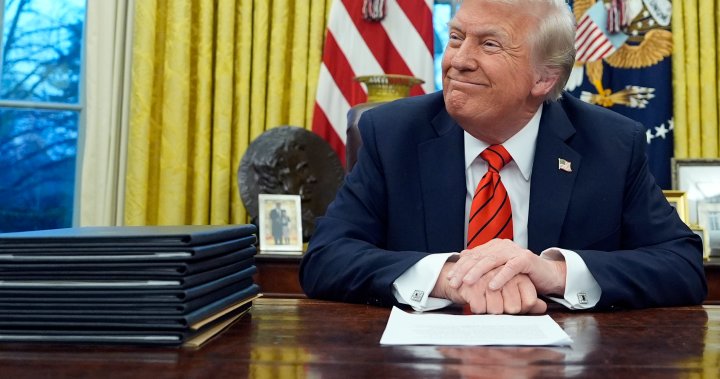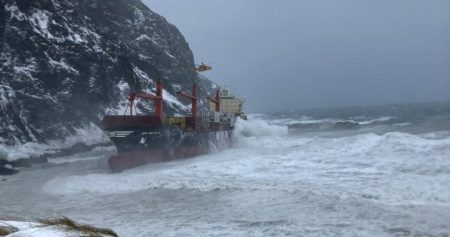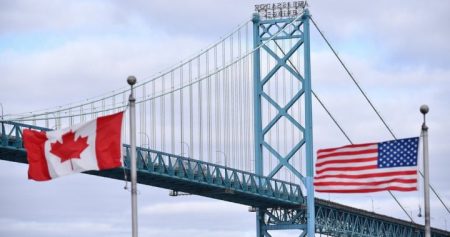U.S. Tariffs on Canadian Steel and Aluminum: A Brewing Trade Storm
The U.S. has recently imposed a 25% tariff on Canadian steel and aluminum, sparking concerns about a potential trade war. This move, part of the section 232 tariffs, aims to bolster U.S. industries, but Canada and other countries argue that these tariffs are unjust and could harm both economies.
The Auto Industry: A Target of Retaliatory Tariffs
In a FOX News interview, President Trump suggested imposing tariffs of 50% to 100% on Canadian-made cars. He claimed Canada "stole" the auto industry, criticizing past U.S. trade policies. However, the U.S. and Canadian auto sectors are deeply intertwined, with many cars produced in both countries containing parts from both nations.
The Historic Auto Pact and NAFTA: Foundations of Trade
The 1965 Canada–U.S. Auto Pact eliminated tariffs on cars and parts, fostering a integrated industry. NAFTA broadened this in 1994, and the 2020 USMCA continued this partnership. These agreements have created a complex supply chain critical to both economies.
Canada’s Response: Diplomacy and Retaliation
Prime Minister Trudeau and Finance Minister LeBlanc are engaging with U.S. officials to mitigate the tariffs’ impact. Canada may retaliate but prefers a negotiated solution, highlighting the mutual benefits of free trade for both nations.
The Human Impact: Jobs and Economic Stability
The tariffs threaten jobs on both sides of the border, affecting workers in manufacturing and related sectors. Consumers may face higher car prices, impacting household budgets and wider economies.
The Road Ahead: Negotiation and Collaboration
The situation underscores the need for dialogue to preserve the integrated auto industry. Both countries must balance economic interests with the realities of global trade, aiming for fair solutions that protect jobs and foster growth.
In conclusion, while the tariffs pose immediate challenges, the intertwined history of U.S.-Canada trade offers a foundation for resolution. Through negotiation and mutual understanding, both nations can navigate this storm to maintain their robust trade relationship.












